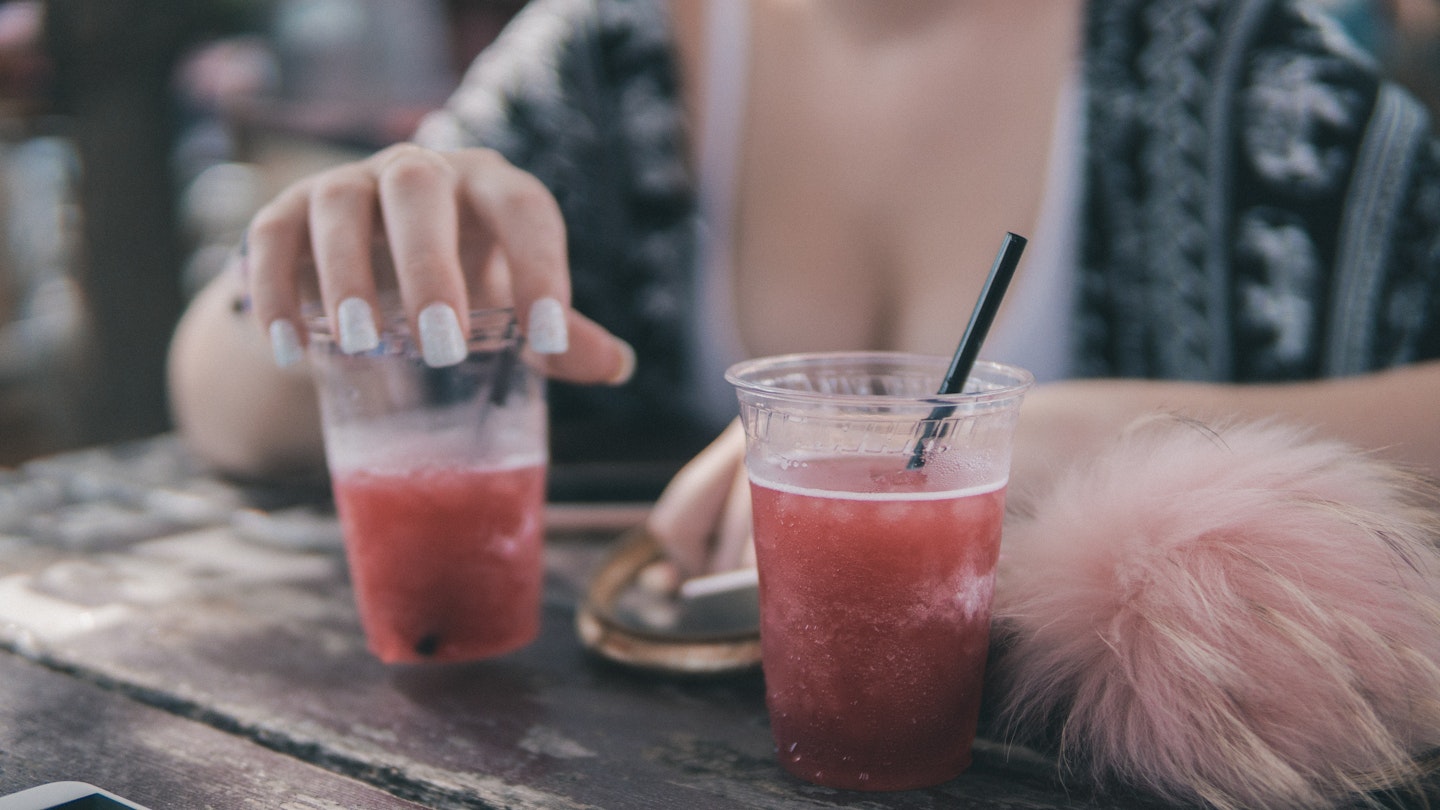‘The police interviewed me and my friend separately, then told me there was nothing that could be done’, says Hannah, ‘It was like they were trying to convince me that I was just drunk and must have got the wrong end of the stick.’
Hannah is one of the many, many people who have had their drink spiked while on a night out with friends. According to an investigation by Sky News, drink spiking has increased by 108% since 2015, with a total of 1,039 cases recorded by the police including the words ‘drinking’, ‘spiking’ or ‘lacing’.
The Metropolitan Police in London recorded the most cases, with a 74% increase from 2015, however these figures are being considered a ‘drop in the ocean’ by experts, who say that most victims don’t report their drink being spiked.
‘Victims feel like they won't be believed,’ says former Home Office toxicologist, Jim Campbell, ‘they rack their brains to figure out what happened the night before, but because of the effects of the drugs they can't remember. They need answers.’
DI Daniel Boulter, from Lincolnshire Police’s rape and sexual assault task force agreed, telling Sky News that spiking is a vastly under-reported crime. According to him however, it’s because most people get home safely with the help of a friend, but for someone like Hannah, it’s because she wouldn’t be believed even if she did report it.
Hannah was spiked when she was 22, at a student night at university, after two men bought her and her friend drinks. ‘We went to the bar with them but didn't see anything untoward happening, which looking back scares me as they hid it very well,’ she says, ‘after that, the night is just black and the next thing I remember is being driven back to my student house in a police car. I know my limits and I have never blacked out like that before, ever.’
Despite being driven home by police, no report was made on the night of the incident, but Hannah was going to let the men who spiked her and her friend continue to do it to others. ‘I refused to let them get away with it and went to the police station the day after to report what had happened’, she said. However, the police refused to look into her case, and instead, she says, they tried to persuade her that she was just drunk.
‘I felt sick, upset, and furious,’ she said, ‘I felt like another statistic of women not being believed when reporting a crime by a man. I've lost a lot of faith in the police after that night and whenever I go out with friends now, I feel like I'm constantly looking over my shoulder.’
It’s not an uncommon story, and when Grazia reached out to speak to women who had reported their drink spiking to the police, their stories were strikingly similar to Hannah's. Not being believed, being shrugged off, it seems to be the common thread that ties these stories together.
'I contacted the police for advice on the Monday and was told there was “no point” in taking it further,' says Gemma*, who also had her drink spiked on a night out, 'it’s one of the worst experiences I’ve ever had and the way I was treated by so many people afterwards made me feel like it was my fault.'
It’s not surprising then that drink spiking is a vastly underreported crime, as is rape and sexual assault for the same reason. In fact, according to Research Gate, rape and sexual assault are the largest known purpose of drink spiking, with DI Boulter also stating that police only deal with drink spiking incidents in relation to sexual assaults.
So, what then? We will only be believed that our drink was spiked if the perpetrator manages to fulfil their purpose of assaulting or raping us? The police will only handle our case if the attacker actually inflicts the harm they set out to do, rather than stopping them from ever being able to do it in the first place by investigating when we manage to escape harm?
This flawed reasoning is exactly why so many women continue to be sexually abused, because instead of tackling the tools that people use to perpetrate these crimes, and the culture that perpetuates it, they wait until it’s too late. We’re not a priority until we’re already harmed, and the damage is already done.
Perhaps then, instead of excusing the fact that drink spiking is underreported with ‘most people get home safe’, which isn’t an excuse at all, the police should focus their efforts on helping victims feel believed by actually investigating crimes against them?
Drink spiking carries a maximum sentence of 10 years in prison, so if the crime is worth putting people in prison for a decade, surely instead of thinking ‘they got home safe so it’s fine’ it’s time to think ‘what if they didn’t?'
*names have been changed
